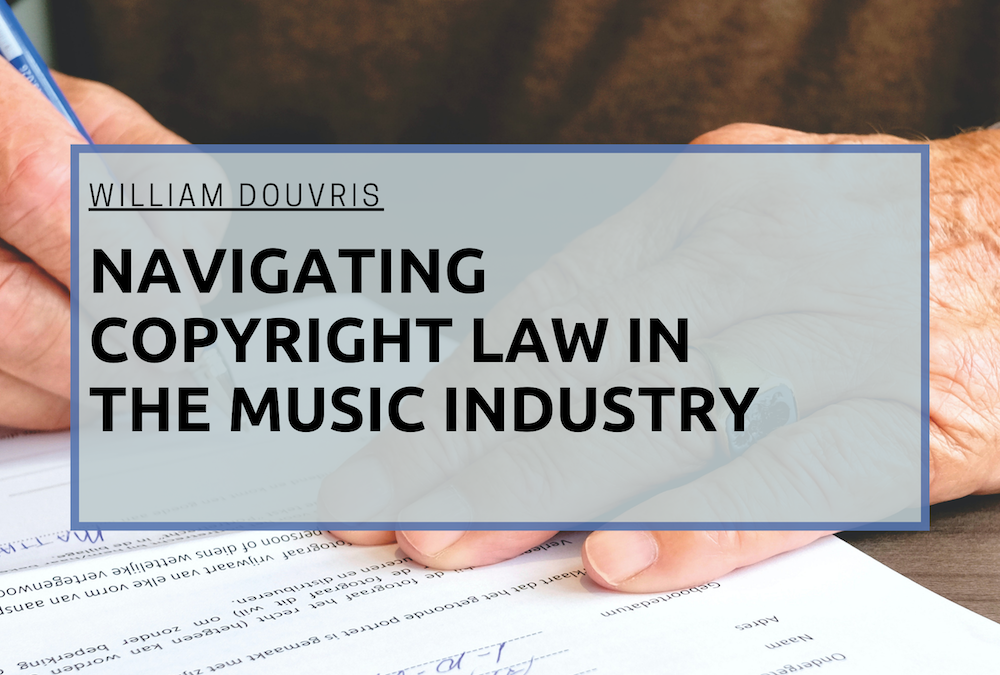Navigating copyright law can be complex and intimidating for anyone in the music industry. As a songwriter, producer, or performer, it’s essential to understand the legal frameworks that protect your work and ensure that you’re not infringing on someone else’s copyright. Here are some key considerations when navigating copyright law in the music industry.
- Copyright Ownership
When it comes to music, there are typically two types of copyright ownership: the copyright for the composition (the lyrics and melody) and the copyright for the sound recording. Understanding who owns the copyright for each aspect of a song is essential, as this can affect licensing, royalties, and ownership disputes.
- Licensing
Licensing is essential to the music industry, as it allows others to use your music legally. Different types of licenses may be required depending on the context, such as sync licenses for use in film or TV, mechanical licenses for physical sales or digital downloads, or public performance licenses for live performances. Obtaining the appropriate licenses and ensuring you receive fair compensation for your work is crucial.
- Sampling
Sampling is a common practice in the music industry, where elements of one song are used in another. However, obtaining permission and paying royalties for any samples used in your work is essential to avoid copyright infringement. Alternatively, you can use sample packs or create samples to ensure you’re not infringing on someone else’s work.
- Fair Use
Fair use is a legal concept that allows limited use of copyrighted material without permission for purposes such as criticism, commentary, news reporting, teaching, scholarship, or research. However, it’s essential to understand that fair use is not a blanket exception to copyright law and is determined on a case-by-case basis.
- Copyright Infringement
Copyright infringement can result in legal action, including fines and damages. It’s essential to be aware of potential copyright infringement and not use someone else’s work without permission or appropriate licensing.
In conclusion, navigating copyright law in the music industry can be a complex process, but it’s essential for protecting your work and avoiding legal disputes. Understanding copyright ownership, licensing, sampling, fair use, and infringement can help you make informed decisions and ensure that you’re operating within the legal frameworks of the music industry. Consulting with a lawyer or industry professional can provide valuable guidance and support.
